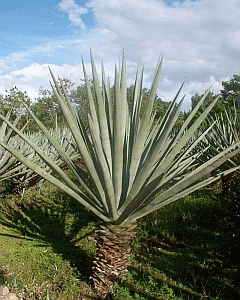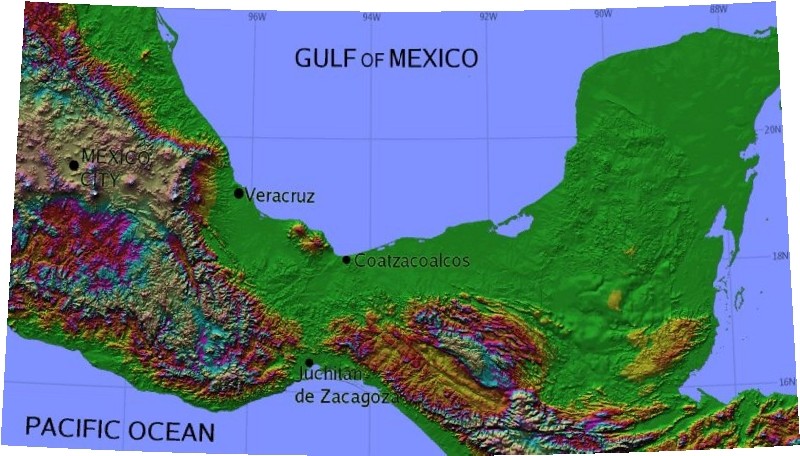Glen
Moderator
After the Slaver Uprising, the faithful Loyalists were again honored with the post-nomial, United Empire, after their names. The United Empire honor was raised in precedence, and divided into two orders:
In addition, for those who had served with especial distinction in America, a new order of knighthood was established, the Order of the United Empire, which was considered associated with the previously mentioned orders.
Military Coronet of the United Empire:

- First Order - Loyal during the Slaver Uprising, not descended from American Revolution Loyalists
- Second Order - Loyal during the Slaver Uprising, descended from American Revolution Loyalists
In addition, for those who had served with especial distinction in America, a new order of knighthood was established, the Order of the United Empire, which was considered associated with the previously mentioned orders.
Military Coronet of the United Empire:

